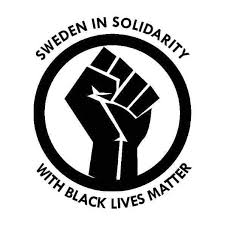
These days, just like many others, I am keenly following everything on the Black Lives Matter protests in the Unites States, and in the last days the rest of the world including 1000s on the street here in Stockholm. Is now the time racism will finally die? I think of my friends in the US and wonder how they are feeling. I look for Instagram posts about white allyship. I sit with long-reads tracing the history of racism. An eerie feeling rises: nothing of this is new.
The best input so far, I feel, is a heartfelt 18 minute clip by talk show host (and house god) Trevor Noah. He argues that the protests were to be expected as the US social contract was repeatedly trashed when black citizens daily have to fear for their lives by law enforcement.
“Why should the citizens of a society adhere to the laws when the law-enforcers themselves don’t?”, as Trevor Noah puts it.
The social contract is an idea, a thought model for what a society is. I taught social contract theory in my Social Theory class at Ashesi University in Ghana for 10 years, so I immediately liked this way of understanding the situation at hand. The social contract, even in its cruelest, most authoritarian form as expressed by Thomas Hobbes in Leviathan has one caveat – when your life is threatened…when your life does not matter to the leadership, the social contract no longer exists. When the society is no longer protecting you, you are back in the state of nature, the “all against all” situation where there are no more any rules – because what do you have to lose if your life is at stake?
To educate ourselves about the history behind the racism we see across the globe and to discuss how that reality is relevant today, the Social Theory class also read Ghanaian-American author Yaa Gyesi’s novel Homegoing (I can very much recommend it) which follows the descendants of two sisters from Ghana – one sold into slavery and transported over the seas to the US, one staying in green Ghana. The message that Africans on the continent and those in the diaspora are connected is driven home well-well. In a post from 2016 related to this issue, Ghanaian blogger Jamila Abdulai wrote,
“I’ve been observing the lack of dialogue on the Black Lives Matter cause and racism in America among Africans, particularly on the continent, with great trepidation. Sure, some of us are sharing one or two articles, but we are largely silent on the issue, not uttering a word. Not to mention the fact that there hasn’t so much as been a beep from our so-called leaders either. That’s why I’m writing this. To appeal to your conscious, to plead with you to wake up.”
But maybe there are things that are new, this time around. This time, Ghana’s president Akuffo-Addo did share a statement that I think it is worth reposting.
White people also do better on acknowledging the movement this time around, at least on my timelines. People share resources and hashtags, seem to be learning about racism and allyship just like myself, and express support. I especially liked a post talking about “black people’s joy and thriving” as the goal beyond black lives matter.
While the protests continue, at home we have daily conversations on what it means to be black or white in Ghana, Sweden, and the world today. I know many other families in Sweden have similar conversations. We think about the changes over time and frankly, we are impatient with the slow change.
I watch the clips. I read everything I can find. I unlearn and learn my own role. I shudder at the evil in this world.
I also smile when I see how many of us support the struggle. Will we live to see racism wiped out, will we experience a broad understanding of that black lives matter and see racism replaced with true humanism, respect for life, and black joy?
A few ways to support the cause in Sweden: (Please add more in the comments!)
- Learn – Instagram is today a place to learn about racism and white privilege in Sweden @action4Humanity_se, @stinawollter, @svarthistoria
- Demo – Weekly virtual demonstrations on Facebook by checking into the American Embassy in Stockholm
- Impact on the next generation – Representation at home by reading books like Anna Hibiscus, buying toys from Elsa and Sam, Indigene, and books from Olika förlag.

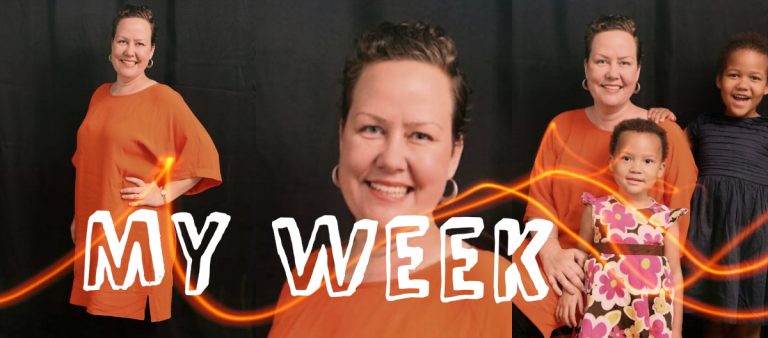
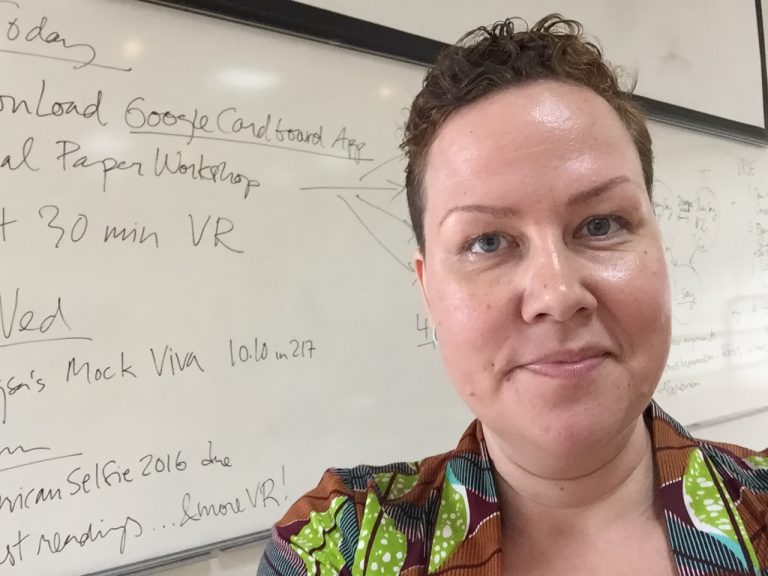 What a year!
What a year!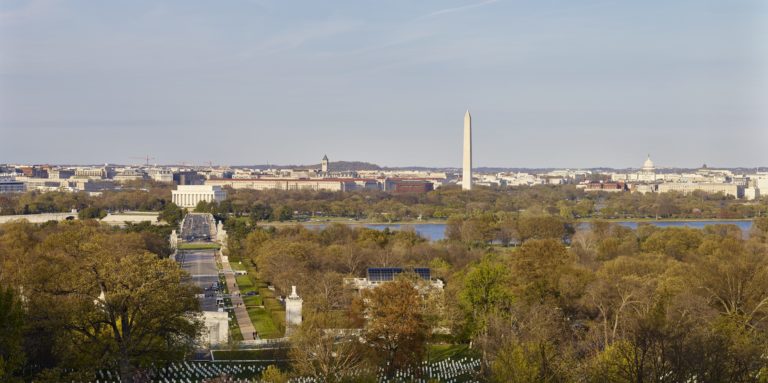
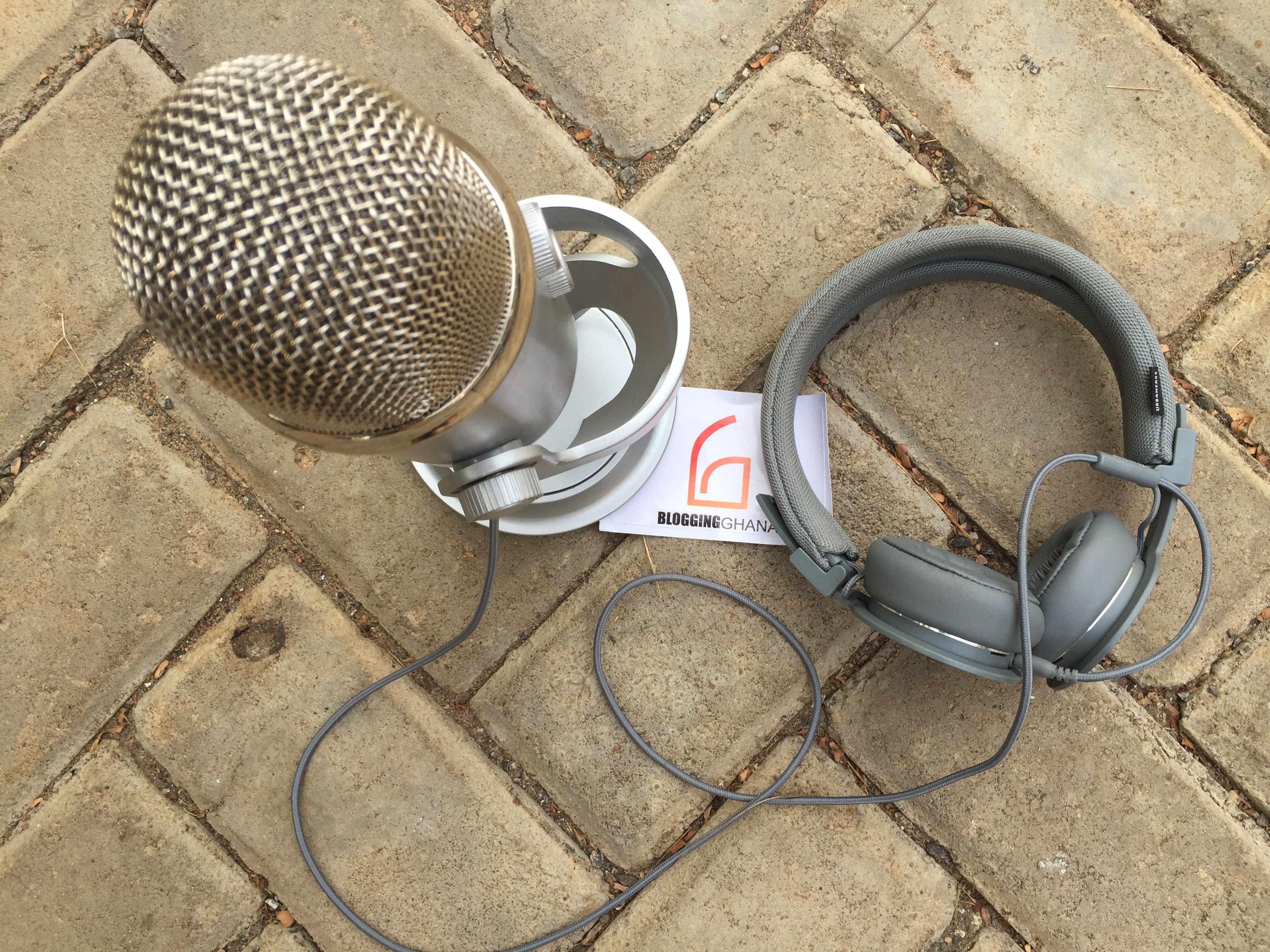
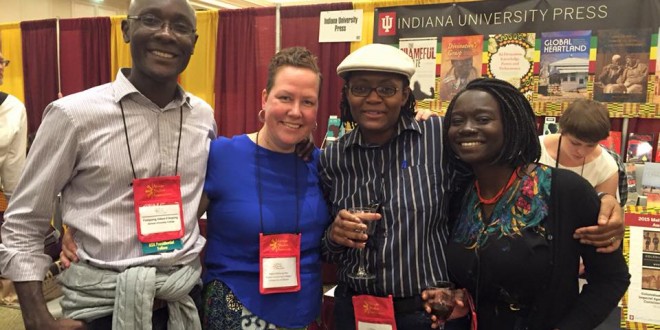 So, I am back from the intense African Studies Association 58th Annual Meeting in San Diego, California, US 19-21 November, 2015!
So, I am back from the intense African Studies Association 58th Annual Meeting in San Diego, California, US 19-21 November, 2015! 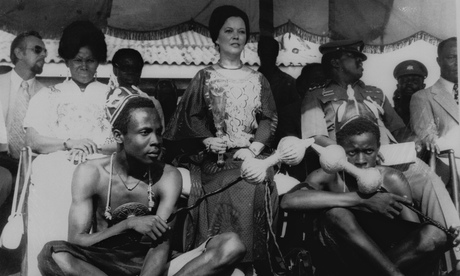 Americans have for long understood the potential of a face known from film. Not just President Ronald Regan or Governor Arnold Schwartsenegger made the transition from white screen to colorful politics, actress Shirley Temple did too.
Americans have for long understood the potential of a face known from film. Not just President Ronald Regan or Governor Arnold Schwartsenegger made the transition from white screen to colorful politics, actress Shirley Temple did too. 
